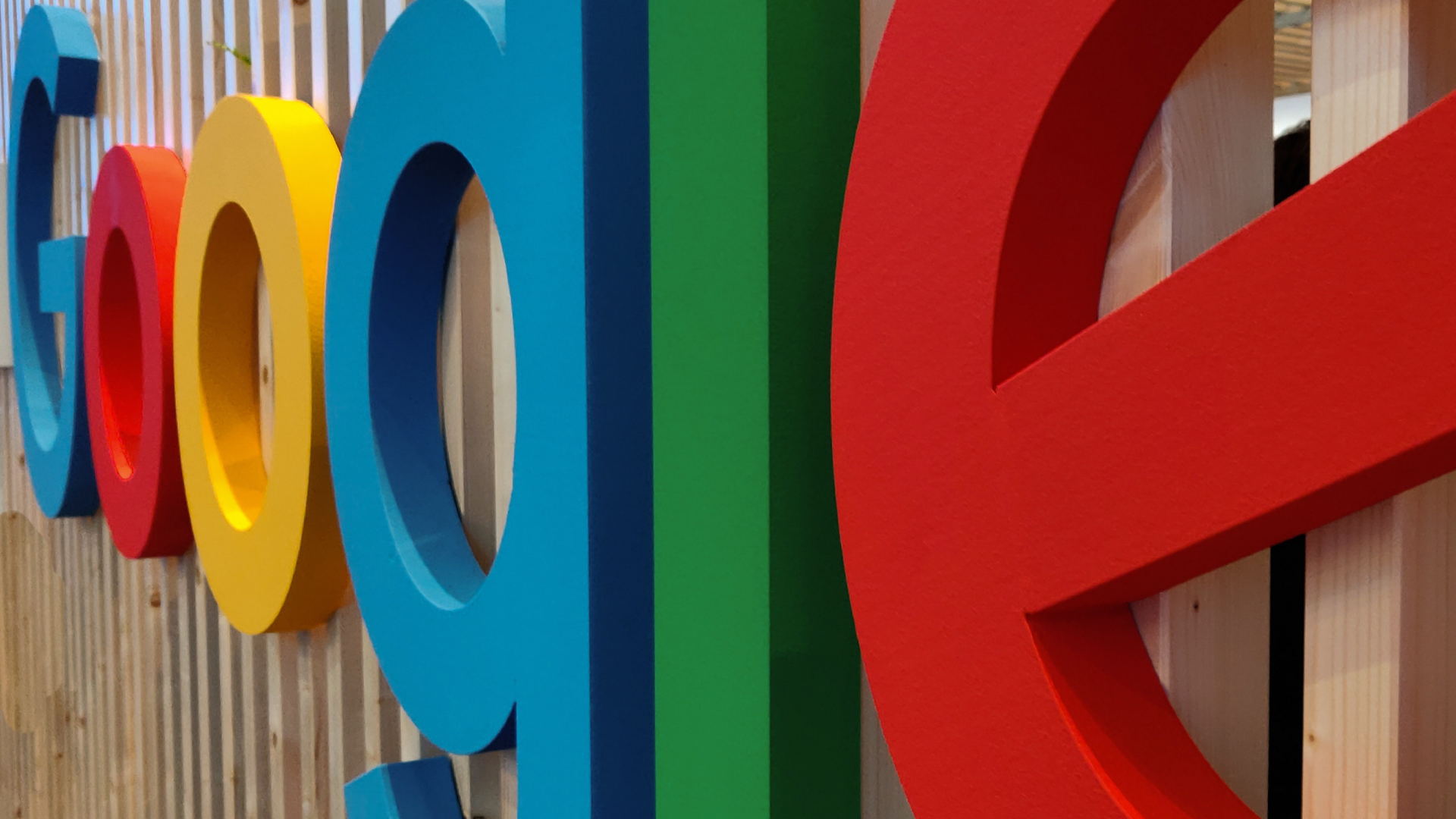Publishers to be able to build first-party audiences, even without third-party cookies
Google's ID solution is called PPID (Publisher Provided Identifiers), and will enable publishers to do frequency capping, audience segmentation, targeting, and sequential ad rotation.

Google this week announced that publishers will be able to build first-party audiences and display personalized ads to those audiences, even without third-party cookies.
According to Google, publishers using Google Ad Manager 360 are already able to build first-party audiences with the Publisher Provided Identifiers (PPIDs).
Publisher Provided Identifiers (PPIDs) are used for frequency capping, audience segmentation and targeting, sequential ad rotation, and other audience-based ad delivery controls across devices. Google says PPIDs currently don't support reach reporting or conversion tracking.
Right now, Google is using the Publisher Provided Identifiers (PPIDs) alongside other identifiers, such as third-party cookies. Google will discontinue third-party cookies in Chrome, next year.
Google says the Publisher Provided Identifiers (PPIDs) must be hashed, anonymous, and must not contain any personal information, third-party identifiers, or device IDs.
For users that opted out of personalized ads via Ads Settings, features permitting the use of PPID for targeting ads to the user's web browser will be disabled, and if the PPID is in server-side the user must have access to a mechanism to opt-out of interest-based advertising.
Google's rules say that if a user opts-out of the publisher's use of PPID in connection with advertising, or deletes the account, the publisher must stop sending Google the PPID associated with that user.
Google to expand the use of PPIDs
Google says it will expand the use of PPIDs to publishers of all sizes in Ad Manager, and support more programmatic campaign types, including the Open Auction.
And the PPIDs will circulate in the bid requests. Google says it will provide publishers the option to share encrypted signals directly with Authorized Buyers or Open Bidders with whom they already have a direct relationship. Google states publishers will have full control over what data is collected, and who can receive the signals. Ad Manager will only act as an intermediary on behalf of the publisher.

